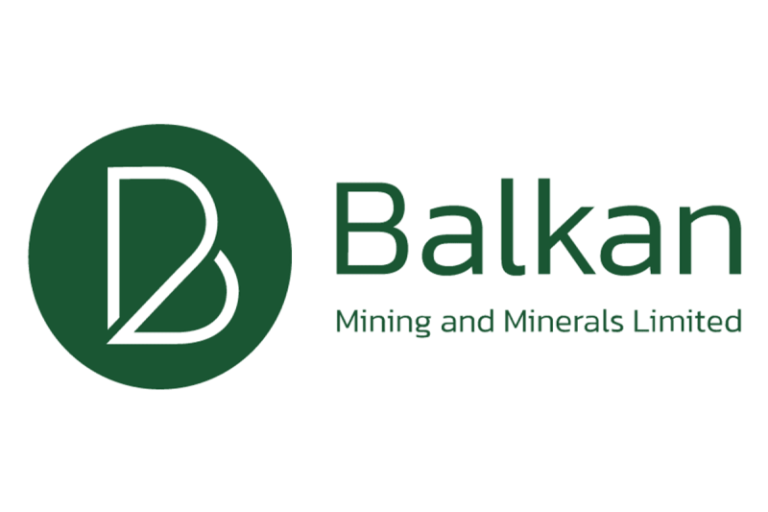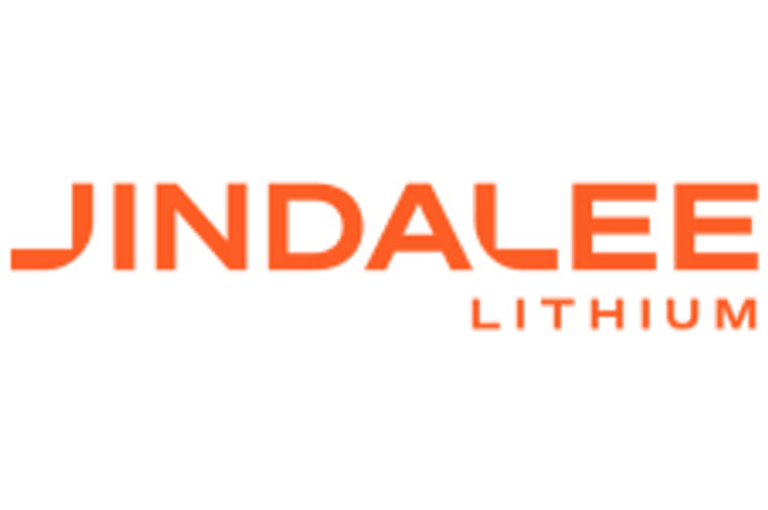Israel is watching Iran and is sending a blunt warning to the regime, which is facing international pressure over growing protests.
‘We are in high readiness,’ Israeli United Nations Ambassador Danny Danon told reporters. ‘We are ready with our defense capability, and we’re ready with our offensive capabilities… We would advise Iran not to test our capabilities.’
Danon also said that Israel was aware of where Iran is keeping its ballistic missiles, something Tehran used against Jerusalem during the 12-day war in June 2025.
In June 2025, Israel started ‘Operation Rising Lion,’ which was aimed at destroying Iran’s nuclear capabilities. The U.S. ultimately got involved and launched ‘Operation Midnight Hammer,’ in which it destroyed Iran’s Fordow, Natanz and Isfahan nuclear facilities.
The diplomat said that what happened over the summer was a ‘partial’ showing of Israel’s capabilities, though he did not elaborate on the point.
Danon told reporters that it would ultimately be up to the U.S. to decide what and whether this could happen and that Israel would ‘respect that decision.’
‘Our position is very clear, it is a decision of the United States. We are ready,’ Danon said. ‘We will not tell the U.S. if they should do it or not do it and when to do it.’
The diplomat also implied that the U.S. could be ready to come to Israel’s aid, saying that if Iran were to attack Israel that ‘the U.S. or somebody else will attack them.’
On Tuesday, Iran warned President Donald Trump not to take action against its Supreme Leader Ayatollah Ali Khamenei.
‘Trump knows that if any hand of aggression is extended toward our leader, we not only cut that hand, but also we will set fire to their world,’ Gen. Abolfazl Shekarchi, a spokesman for Iran’s armed forces, said, according to The Associated Press.
The remarks came in response to Trump’s call for ‘new leadership in Iran.’ He made the comment in an interview with Politico and told the outlet that Khamenei ‘is a sick man who should run his country properly and stop killing people.’
Since the protests in Iran began in late December, both the U.S. and Israel have expressed support for the civilians taking to the streets. President Donald Trump threatened that if the regime met protesters with violence, the U.S. would act. However, the U.S. has yet to intervene, and the president has signaled that he has held off on military strikes because of canceled executions.
‘I greatly respect the fact that all scheduled hangings, which were to take place yesterday (over 800 of them), have been cancelled by the leadership of Iran. Thank you!’ Trump said in a post on Truth Social.
White House press secretary Karoline Leavitt echoed a similar message to reporters, saying that all options remained on the table. She told reporters at a White House briefing that Trump told Iran ‘if the killing continues, there will be grave consequences.’
Israel has been open about its support for the people of Iran, with Prime Minister Benjamin Netanyahu saying on Jan. 11 that the country was ‘closely monitoring’ what was taking place. He also vowed that once Iran was ‘liberated from the yoke of tyranny’ Israel would be prepared to be a partner in peace.
‘Israel is closely monitoring the events unfolding in Iran. The protests for freedom have spread throughout the country. The people of Israel, and the entire world, stand in awe of the immense bravery of Iran’s citizens. Israel supports their struggle for freedom and firmly condemns the mass killings of innocent civilians,’ Netanyahu said at the beginning of his weekly cabinet meeting.
‘We all hope that the Persian nation will soon be liberated from the yoke of tyranny, and when that day comes, Israel and Iran will once again be faithful partners in building a future of prosperity and peace for both nations,’ he added.
Iran has also linked the U.S. and Israel to the protests. On Jan. 16, an Iranian ambassador said that both the U.S. and Israel were responsible for instilling ‘political destabilization, internal unrest and chaos.’ The representative also blamed the U.S. and Israel for ‘the innocent blood that has been shed in my country.’
Days before the diplomat made his comments, the Iranian mission to the U.N. said on X, ‘The satanic plot hatched by the United States and the Zionist regime to fragment Iran and to engineer an internal civil war will be neutralized through the national solidarity of the Government and the people of Iran, the ignominy of which will remain upon them.’
Iranian officials frequently use the phrase ‘Zionist regime’ to refer to Israel.
The U.S.-based Human Rights Activists News Agency, which tracks unrest in Iran, reported on Monday that the number of confirmed fatalities reached 4,029 since the protests began. The agency said at least 5,811 people were severely injured and that 26,015 people had been arrested during the protests.
Fox News Digital reached out to the White House, the State Department and the Iranian Mission to the U.N. for comment.










